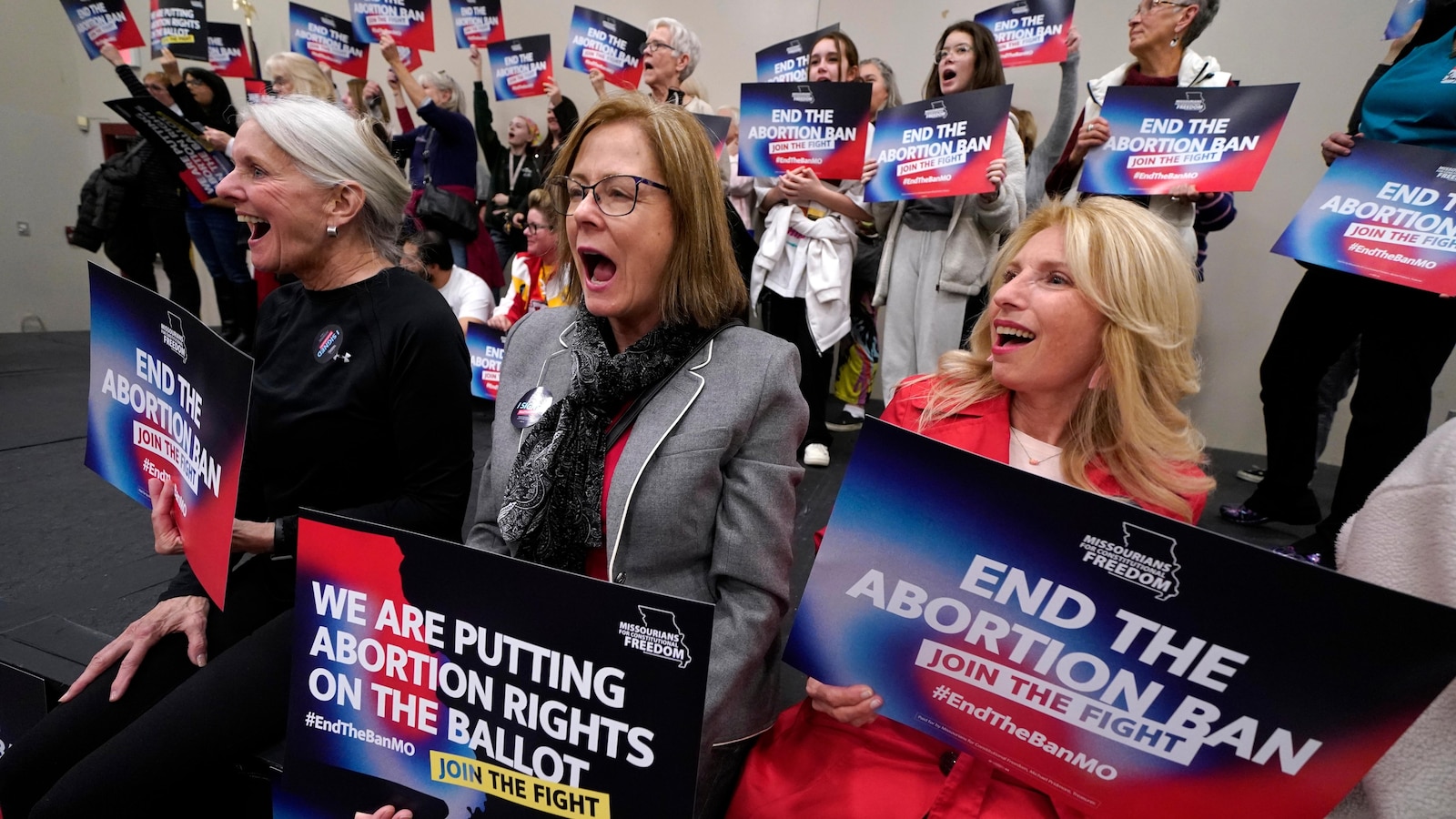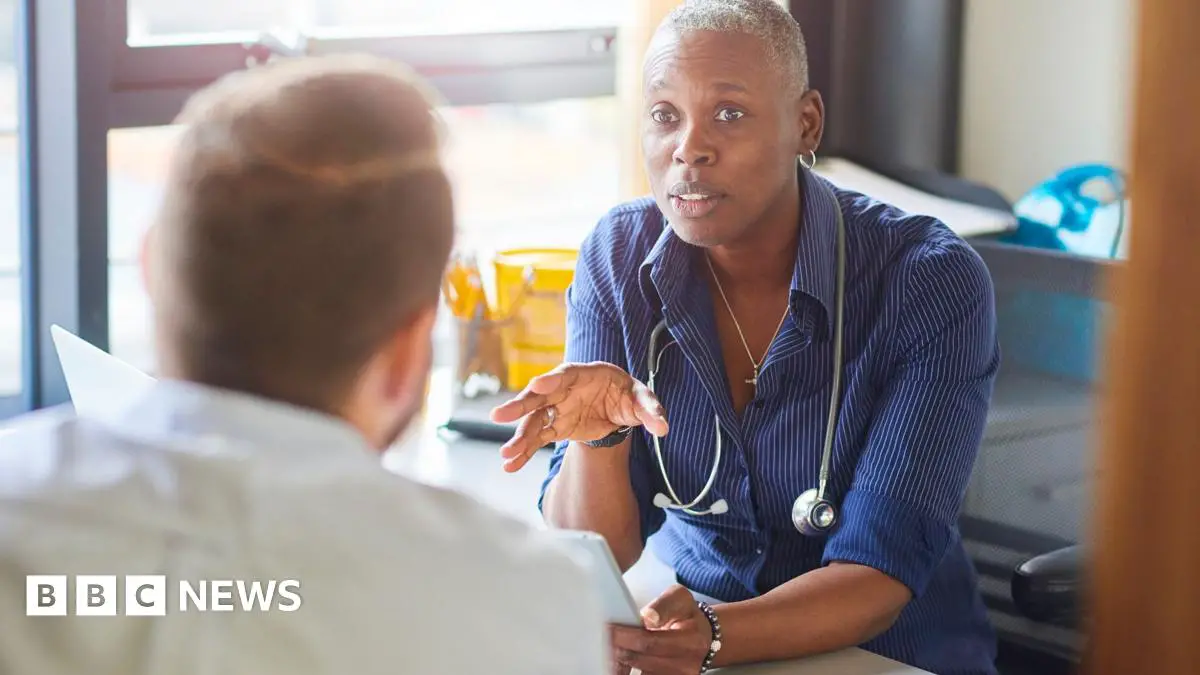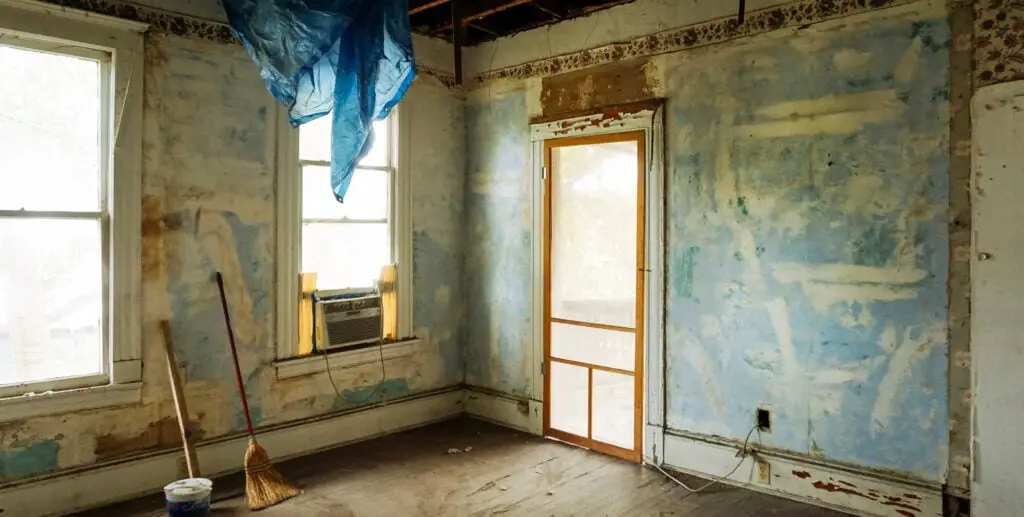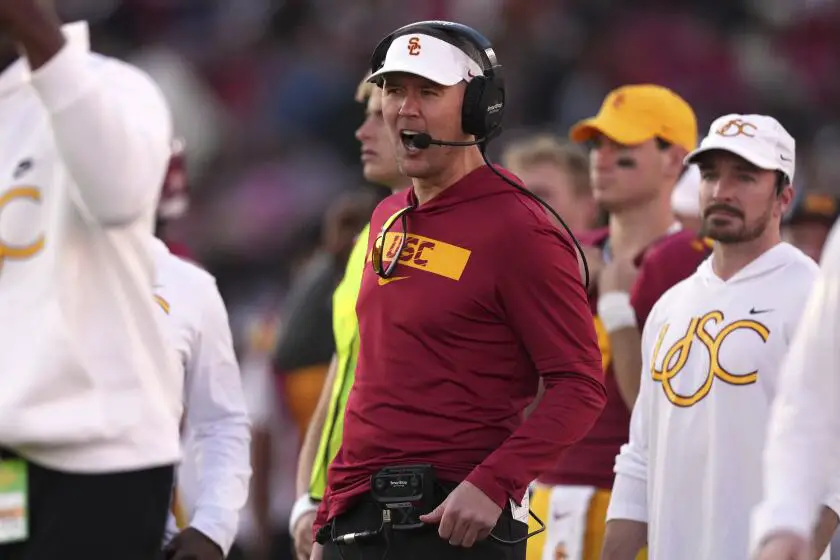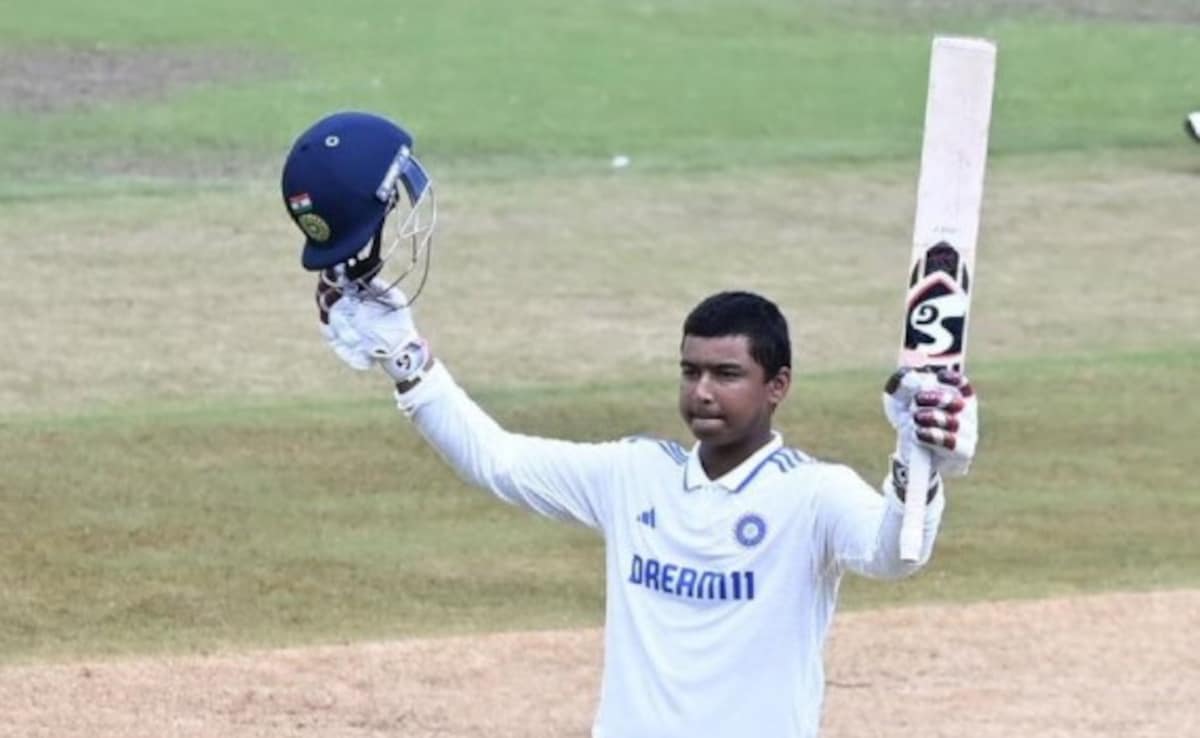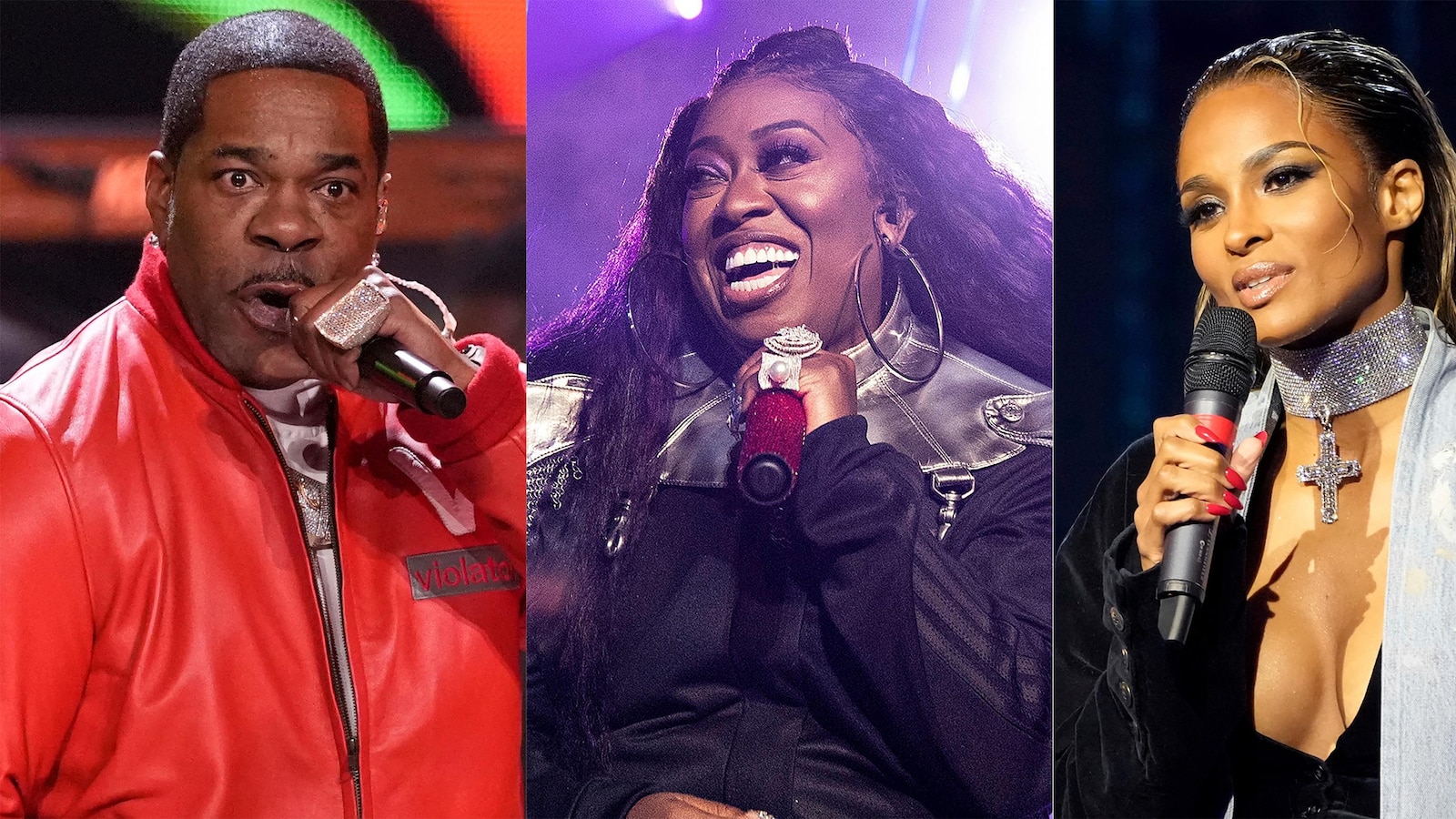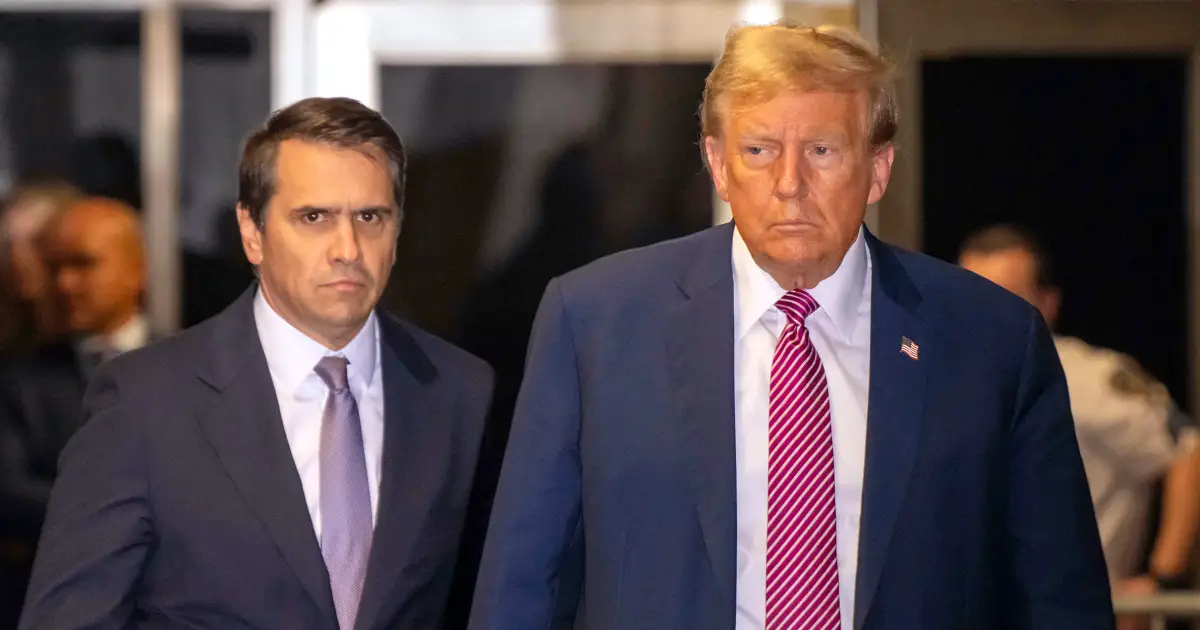

Four days into the first criminal trial of a president, Donald Trump was showing signs of frustrations.
He had listened to scores of New Yorkers express less-than-favorable opinions about him, was restricted in what he could say in court and had even been told to sit down by the judge.
“Sir, can you please have a seat,” said Juan Merchan, the soft-spoken judge who is presiding over Trump’s hush money trial, when the former president thought Friday’s proceedings were over and got up to leave.
As Trump returned to the defense table, Merchan thanked him.
Trump exited the room minutes later looking weary and promising to testify at the trial, which he slammed as a “witch hunt.”
His comments capped a week that was filled with power reversals and accusations turned upside down.
Trump, who prosecutors say used hush money payments to interfere in the 2016 presidential election, is attempting to make a parallel case in the court of public opinion.
Speaking to reporters on Friday, the presumptive Republican nominee for president groused that “instead of being in Pennsylvania or Georgia, or North Carolina or lots of other places today, I’m sitting in a courthouse all day long,” adding that process “will go on for another four or five weeks.”
The trial is expected to last as many as six weeks.
Trump, who is required to be in court for the duration of the trial, also accused the district attorney’s office of waging interference in the 2024 presidential election on behalf of President Joe Biden by “keeping me off the campaign trail.”
He went on to argue that he was “not allowed to speak” after the judge said he must curtail his social media attacks against potential witnesses in the case, and later told supporters in a fundraising email that he was “FULLY GAGGED.”
Much of Friday’s drama unfolded outside the courthouse, where a man set himself on fire in a park facing the court. Police extinguished the flames and he was taken to a hospital where he later died.
In the courtroom, Trump sat at the defense table as prospective jurors were asked questions aimed at sussing out their ability to be impartial.
One alternate juror was excused for anxiety, which she believed would hamper her ability “to be completely fair.” Another was questioned about a social media post referencing the former president, saying, “I do believe he’s the devil.”
“I don’t recall posting that,” the man said, before being dismissed.
Trump had taken a particular interest in the man, who had volunteered for the campaign of his 2016 Democratic rival, Hillary Clinton.
Social media posts made the case for dismissing several other potential jurors, even after they said they could judge Trump fairly.
A retired New York high school teacher said he could “absolutely” be fair and impartial, but was compelled to answer questions about excavated social media posts that revealed in 2017 he had attended “a massive anti-trump rally,” according to the caption of a picture in which he had tagged himself online.
He was excused.
By Friday afternoon, Merchan had seated a full 12-person jury and assigned six alternates. All 18 will meet for the first time on Monday morning, when opening statements are set to get underway.
Trump’s defense team looked noticeably downcast during the afternoon’s proceedings, with attorney Susan Necheles slumped back into her seat, arms crossed until addressing the judge late in the day. Lead attorney Todd Blanche was seated next to Trump, and the two sat watching and occasionally whispering to one another.
After Merchan said he would not consider a motion on presidential immunity and other motions, Blanche insisted there was still more to discuss.
“This sounds suspiciously like the 10 minutes we spent arguing this on Monday … with no new facts, no new application of the law,” Merchan responded.
“There’s nothing else to re-argue,” he added as the first week of the trial came to a close. “We’re going to have opening statements Monday morning. This trial is starting.”

